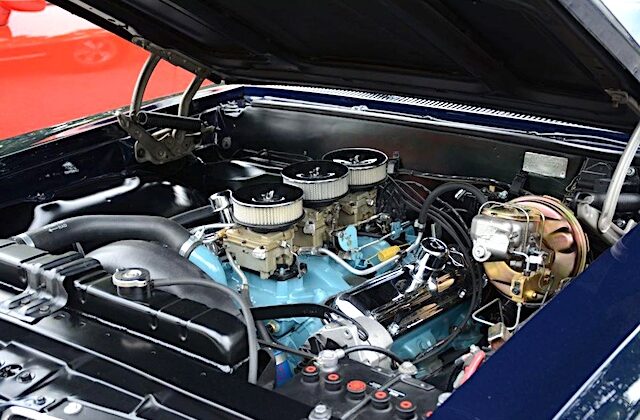
The German government has thrashed out a deal with the European Union to allow sales of vehicles with internal combustion engines (ICE) to continue past 2035, so long as the vehicles burn carbon neutral “e-fuels.”
The EU’s plans to ban sales of new C02-emitting cars from 2035 were well underway before Germany halted progress by demanding an exemption for ICE cars that run on e-fuels. Berlin and Brussels will create a new EU category for such cars.
The deal is good news for small luxury companies such as Ferrari, which faced a steep, expensive climb to go all electric. Ferrari CEO Benedetto Vigna told Reuters that the agreement would give Ferrari “greater freedom.”
Larger EU carmakers that have vowed to go all-electric now have a way to delay slashing jobs tied to piston powertrain production, provided the nascent e-fuels production industry can start producing at scale.
Environmental groups and climate action advocates, however, criticised the deal. They worry the promised e-fuels will slow efforts to achieve real reductions in the carbon generated by transport.
E-fuels, like e-kerosene, e-methane, or e-methanol, are made by synthesizing captured CO2 emissions and hydrogen produced using renewable or CO2-free electricity.
The fuels release CO2 into the atmosphere when used in an engine. But the idea is that those emissions are equal to the amount taken out of the atmosphere to produce the fuel – making it CO2-neutral overall.
But suppliers and oil majors defend e-fuels, as well as a number of carmakers who don’t want their vehicles weighed down by heavy batteries.
E-fuels are not yet produced at scale. The world’s first commercial plant opened in Chile in 2021, backed by Porsche and aiming to produce 550 million litres per year. Other planned plants include Norway’s Norsk e-Fuel, due to begin producing in 2024 with a focus on aviation fuel.
E-fuels can be used in today’s ICE vehicles and transported via existing fossil fuel logistics networks – good news for ICE component makers and companies which transport petrol and diesel.
Supporters say e-fuels offer a route to cut the CO2 emissions of our existing passenger car fleet, without replacing every vehicle with an electric one.
Critics highlight that manufacturing e-fuels is expensive and energy-intensive. Using e-fuels in an ICE car requires about five times more renewable electricity than running a battery-electric vehicle, according to a 2021 paper in the Nature Climate Change journal.
Some policymakers also argue that e-fuels should be reserved for hard-to-decarbonise sectors such as shipping and aviation, which, unlike passenger cars, cannot easily run on electric batteries.
• There is a new focus on cleaner-burning shipping. The crude bunker oil used to power the engines of big sea-going ships can emit from their chimney stacks up to 28,000 (twenty-eight thousand) times the sulphur dioxide content from road-going diesel exhausts.
